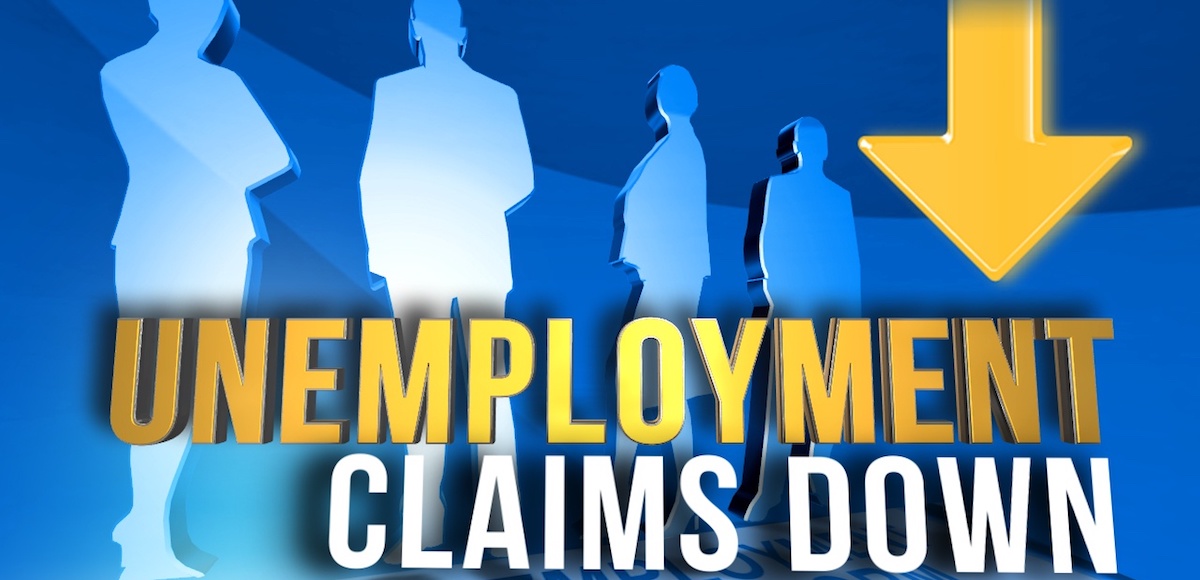

Weekly Jobless Claims Graphic. Number of Americans applying for first-time jobless benefits.
The Labor Department said Thursday first-time jobless claims fell 23,000 to a seasonally-adjusted 259,000 for the week ending September 16. The report easily beat the 303,000 median forecast and is welcomed news after claims surged following Hurricane Harvey last week.
Claims for the prior week were revised down by 2,000 from 284,000 to 282,000. The four-week moving average was 268,750, an increase of 6,000 from the previous week’s revised average.
While it is the highest level for this average since June 4, 2016 when it was 269,500, Hurricane Harvey and Hurricane Irma both impacted this week’s data. In Florida, which was estimated in the prior week, doubled to nearly 10,000 post-Irma. But claims from Texas, which shot up by 40,000 last week following Harvey, fell dramatically to about 28,500.
Even though that is still double than normal, it’s clearly a good sign. The previous week’s four-week average was revised down by 500 from 263,250 to 262,750.
Continuing claims, in lagging data for the September 9 week, was also indicative of hurricane impacts, rising significantly by 44,000 to 1.980 million. Still, the 4-week average is only marginally higher at 1.953 million and the unemployment for insured workers is unchanged at a very low 1.4%.
No state was triggered “on” the Extended Benefits program during the week ending September 2.
The highest insured unemployment rates in the week ending September 2 were in Puerto Rico (2.7), New Jersey (2.6), Alaska (2.0), Connecticut (2.0), Pennsylvania (1.9), California (1.8), Massachusetts (1.7), New York (1.7), Illinois (1.6), Nevada (1.6), and Rhode Island (1.6).
The largest increases in initial claims for the week ending September 9 were in Iowa (+534), Nebraska (+64), Tennessee (+30), Wyoming (+23), and Washington (+22), while the largest decreases were in Texas (-11,764), California (-7,375), Michigan (-4,483), New York (-2,938), and Florida (-2,289).
The most damning journalistic sin committed by the media during the era of Russia collusion…
The first ecological study finds mask mandates were not effective at slowing the spread of…
On "What Are the Odds?" Monday, Robert Barnes and Rich Baris note how big tech…
On "What Are the Odds?" Monday, Robert Barnes and Rich Baris discuss why America First…
Personal income fell $1,516.6 billion (7.1%) in February, roughly the consensus forecast, while consumer spending…
Research finds those previously infected by or vaccinated against SARS-CoV-2 are not at risk of…
This website uses cookies.